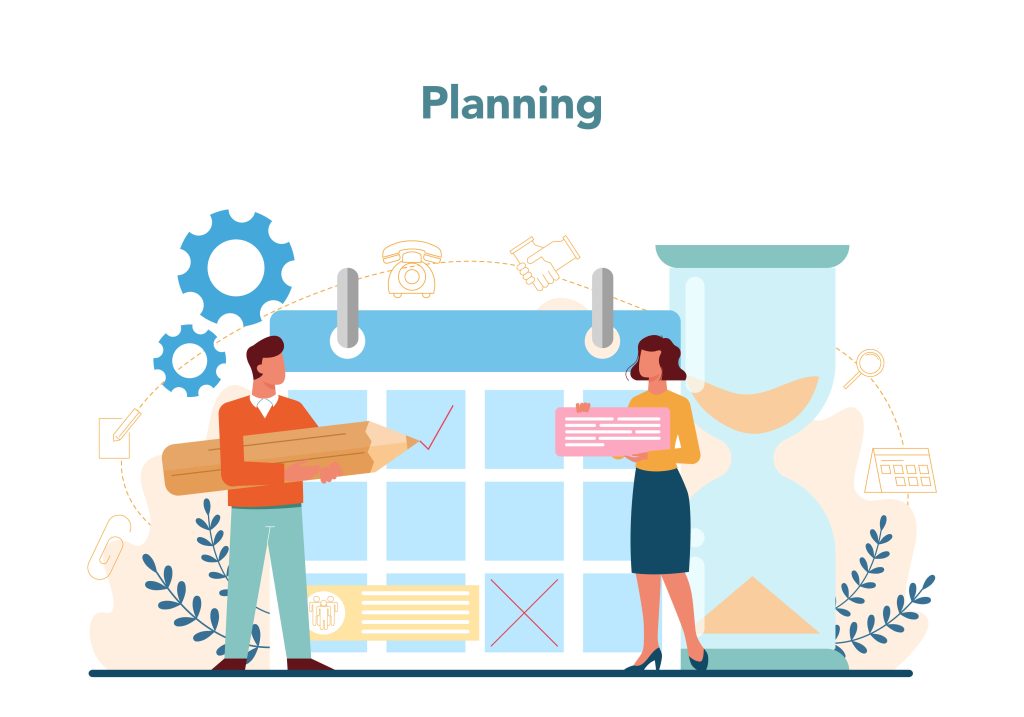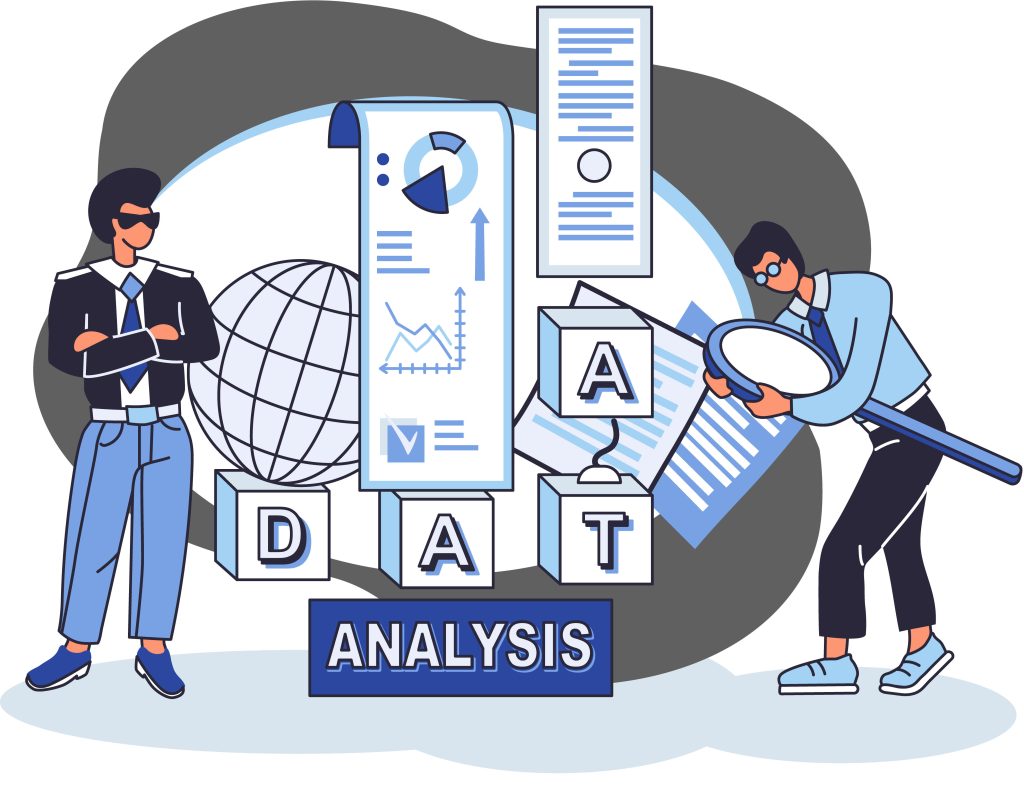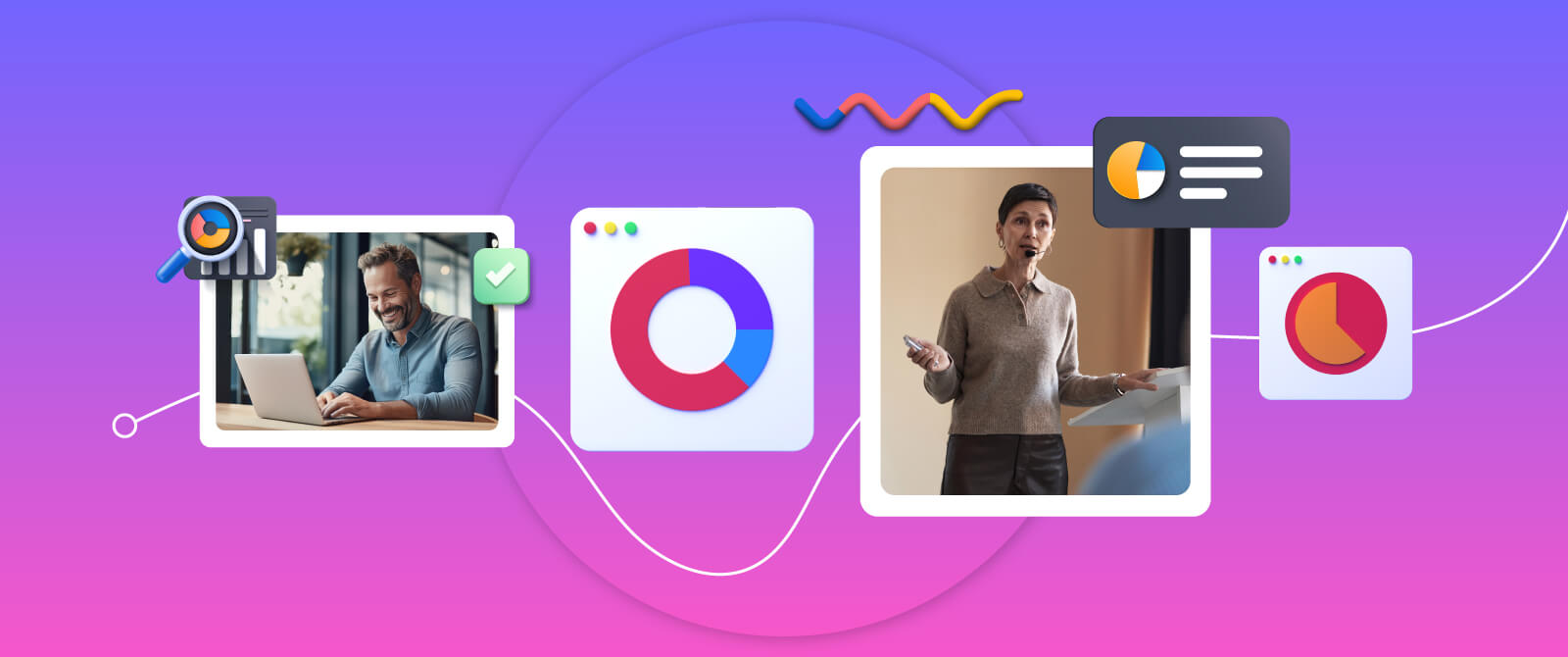Today, in-person events remain crucial in the ever-changing business environment. Because they present irreplaceable chances for people to network, share knowledge, or develop a brand. Without the mastery of in-person event management, one cannot create powerful experiences that make sense to their attending audience. This blog, delves into effective event management strategies, providing a comprehensive guide to planning, executing, and evaluating in-person events. Particularly for B2B event organizers.
vent management strategies, providing a comprehensive guide to planning, executing, and evaluating in-person events, particularly for B2B event organizers.
Table of Contents
Understanding the Fundamentals of Event Management
The management of events comprises planning, organizing, and publicizing events, including; activities geared towards setting objectives and selecting venues, to logistical coordination and participants’ management. Understanding the fundamentals of in-person event management is the first step towards mastering this art.
Defining Objectives: Brand promotion, generating leads, and fostering industry connections are key to a productive function. Set goals are very important since they play are role in guiding every aspect during the preparation of an event, be it for a business promotion campaign or the launching of new products.
Key Components: The main component of organizing a live event is understanding why you are holding the event. Also, to know your guests, establish a budget, lay out a timetable, and make logistical plans.
Detailed Planning: Creating a comprehensive plan and schedule for the event ensures that every detail is taken care of and that all involved know exactly what to expect. This detailed plan needs to be in place before the event can happen.
Pre-Event Planning and Preparation
Before any event is staged, there are important steps that are taken by the management team to guarantee its success.

Market Research and Audience Analysis: To properly organize the event and ensure that the people who are supposed to attend do so, it is important to understand what one’s target audience likes and does not like.
Choosing the Right Venue and Date: It is important to choose a location that fits the purpose of the occasion and is easy for the participants to access. Remember to take care when picking the date: there should be no competition from other big events if you want more people to attend.
Budgeting and Financial Planning: To prevent being unable to control and overspend, be sure to provide a detailed budget including the possible expenses. Budgeting effectively is a specific function that relates to the management of physical events.
Creating a Detailed Event Plan and Timeline: Scheduling things, and giving tasks and time limits are key to ensuring everything is on track. This detailed planning is at the heart of successful event management strategies.
Assembling the Perfect Event Team
A dedicated and well-coordinated team is essential for the successful execution of any event. B2B event organizers must pay special attention to assembling the perfect event team.
Identifying Roles and Responsibilities: Clear roles help prevent confusion and ensure all tasks are taken care of. For physical event management to be effective, you must ensure everybody present understands their role distinctly.
Hiring and Training Staff: Hiring pros who have been in the game for a while and ensuring that they are trained sufficiently guarantees that whatever the work is going to be done will be well-executed. For a memorable attendee experience, the trained personnel are key.
Teamwork and Communication: Team members must be able to communicate effectively and work together well so that the team operates smoothly. Powerful teamwork is critical to the successful implementation of event management strategies.
Crafting a Compelling Event Agenda
The event’s agenda is the foundation of every fruitful event. It is meant to captivate and hold the attention of the audience.

Designing a Balanced Schedule: The meeting plan must have a good mix of talks on things that are new and ones that people have heard about to interest those people who come for it. To manage an in-person gathering well, it is vital to have a program that has both informative sessions and networking occasions.
Selecting Speakers and Presenters: Choosing speakers who are well-informed and captivating can significantly increase the worth of this event. Also, this activity will make the event a splash.
Planning Engaging Activities and Sessions: When sessions are made more interactive and there are also activities, it becomes more fun and unforgettable for those who attend or participate. Engaging actions are central to efficient event management tactics.
Marketing and Promoting Your Event
Drawing visitors demands effective marketing and promotion of the occasion. Employing a well-structured marketing plan enhances a wider reach through multiple channels.

Utilizing Various Channels: Communication on a wide scale can be achieved using social media, email marketing, and traditional advertising. The various channels each have their strengths, so the use of more than one is typically the most efficient way to go about it.
Creating Compelling Promotional Materials: Materials that are attractive and informative can generate excitement and interest. To draw attention to the event, we need high-quality promotional materials.
Strategies for Boosting Attendance: Offering discounts to early birds, rewarding people who refer clients, and using famous persons to attract clients can lead to higher rates of required attendance especially for those arranging activities among corporations.
Managing Logistics and Operations
For a smooth event experience, effective logistics and operational management are essential. This involves coordinating multiple parts in place for an in-person event.
Coordinating with Vendors and Suppliers: Trustworthy suppliers and vendors guarantee the availability of all needed goods and services. Vendors should be cordial for the operation to be efficient.
Seamless Registration and Check-In Processes: Avoid delays and ensure positive attendee experiences are made possible by efficient registration and check-in processes. They can streamline these processes by using an event registration solution to enhance overall efficiency.
Managing On-Site Logistics: It is essential for there to be proper arrangement of AV equipment, seating, and other logistics for operations to be smooth. For successful event management strategies, detailed logistical planning is very important.
Contingency Planning and Risk Management: Preventing potential issues from disrupting the event requires backup plans and risk management. For in-person event organization, effective contingency planning is essential.
Enhancing Attendee Experience
Every event must leave a genuine and unforgettable experience for all people who attend it so that it can be considered successful. B2B event organizers should prioritize the improvement of the experience of the event attendees.
Providing Excellent Customer Service: Accommodating and cooperative staff can make the general experience of the guest better; Moreover, any successful event can not lack perfect customer care.
Engaging Attendees Through Interactive Elements: One way to ensure people attending are involved in the meeting/study group is to have interactive sessions, live polls, and Q&A segments. Keeping the audience interested is an important aspect of successful event planning.
Collecting and Acting on Feedback: Feedback is invaluable to improve on managing events continuously. This could enhance future events by collecting feedback from those who attend them and then using it to make changes.
Leveraging Technology for Event Management
Technology plays a significant role in modern event management. Integrating mobile solutions and event management software can streamline various processes, making in-person event management more efficient.
Using Apps for Registration and Networking: Event apps can make it easier for people to register, help them connect with others, and offer current information. An event check-in app, for example, can make the check-in process seamless and efficient.
Live Streaming and Virtual Components: If you add these virtual elements to the event, you will reach out to more people and provide more value to them. Events that are attended by a combination of people at a particular site. And others using computers are currently gaining prevalence.
Post-Event Follow-Up and Analysis
The essential thing here is that the event’s success is evaluated and the engagement with participants is continued through post-event activities. The key ingredients for managing an in-person event successfully are effective follow-up and analysis.

Collecting and Analyzing Feedback: Collection feedback through surveys and analyzing the data can provide valuable insights. This analysis assists in knowing what was effective and what needed improvements.
Measuring Event Success and ROI: To comprehend its impact, its success should be assessed using predefined criteria while measuring the ROI is crucial for B2B event planners.
Maintaining Engagement: Keep the attendees engaged and strengthen longstanding relationships through follow-up emails, social media posts, and post-event content. It’s important to keep the event going by providing a series of engaging post-event touchpoints to maintain momentum.
Case Studies and Real-Life Examples
Practical insights & inspiration can be derived from following success stories based on personal experiences. Learn from the best, then apply them to future projects.
Success Stories: One can draw motivation and useful pointers from examining well-managed functions. Different event management approaches are said to be effective in these instances.
Lessons Learned: It can be useful to evaluate mistakes in events that did not go as planned. Making errors is an important part of ongoing enhancements in event organization.
Industry Expert Insights: Further understanding and improvements in event management strategies can be enhanced by tips and insights from experts. Particularly B2B event organizers can benefit a lot from these insights.
Conclusion
To excel in managing a physical event, you need to plan well, execute properly, and continually make it better. By following these tricks, organizing events can come up with events they love most, which are also good to have from their visitors. For them, it is important to back up. To remain current with events or know what is happening around them. Because today’s scenarios are quite different from those of yesterday.
In-Person Events!
Simplified Event Planning and
Execution With Our Event Tech Suite





















